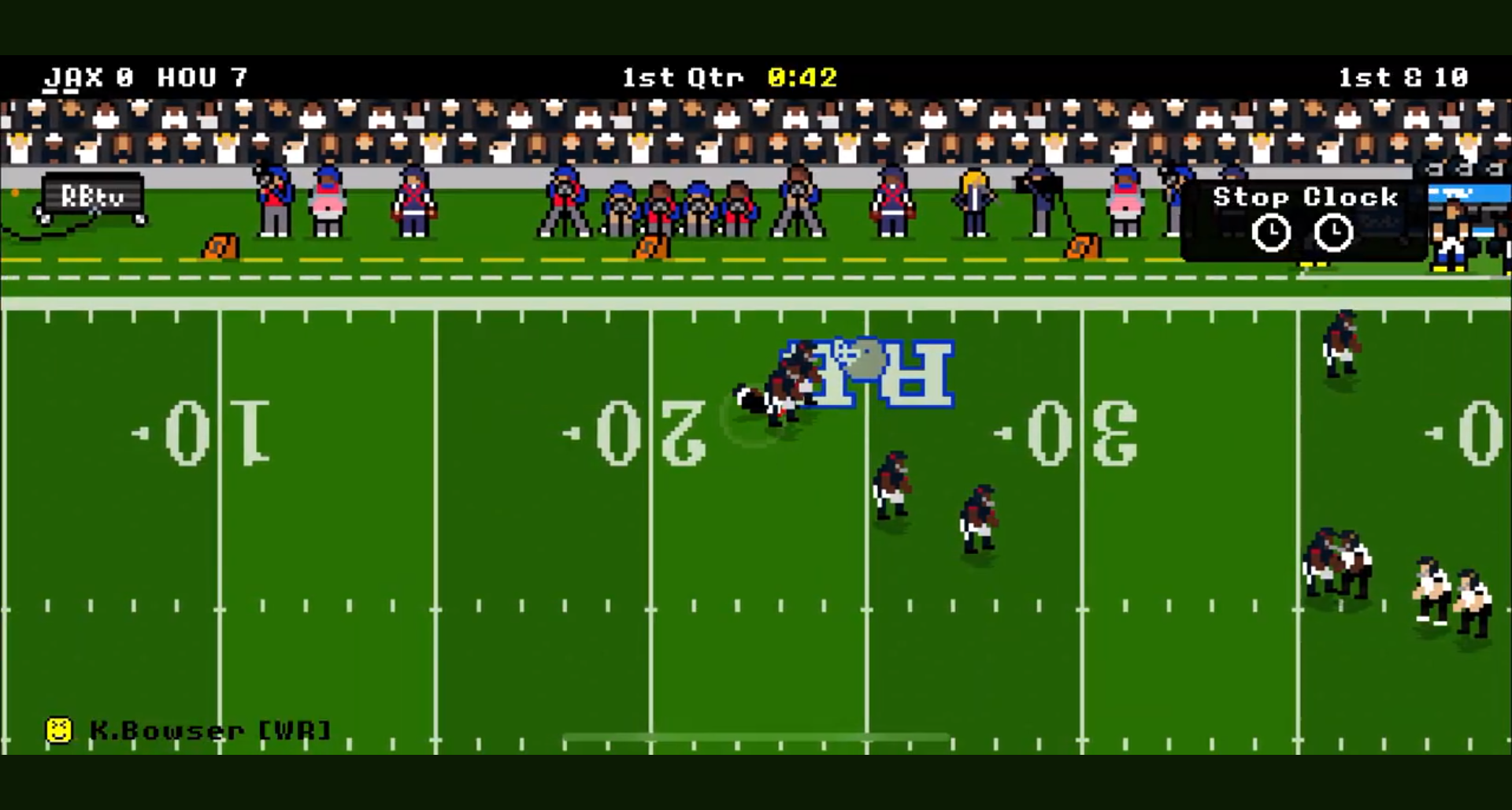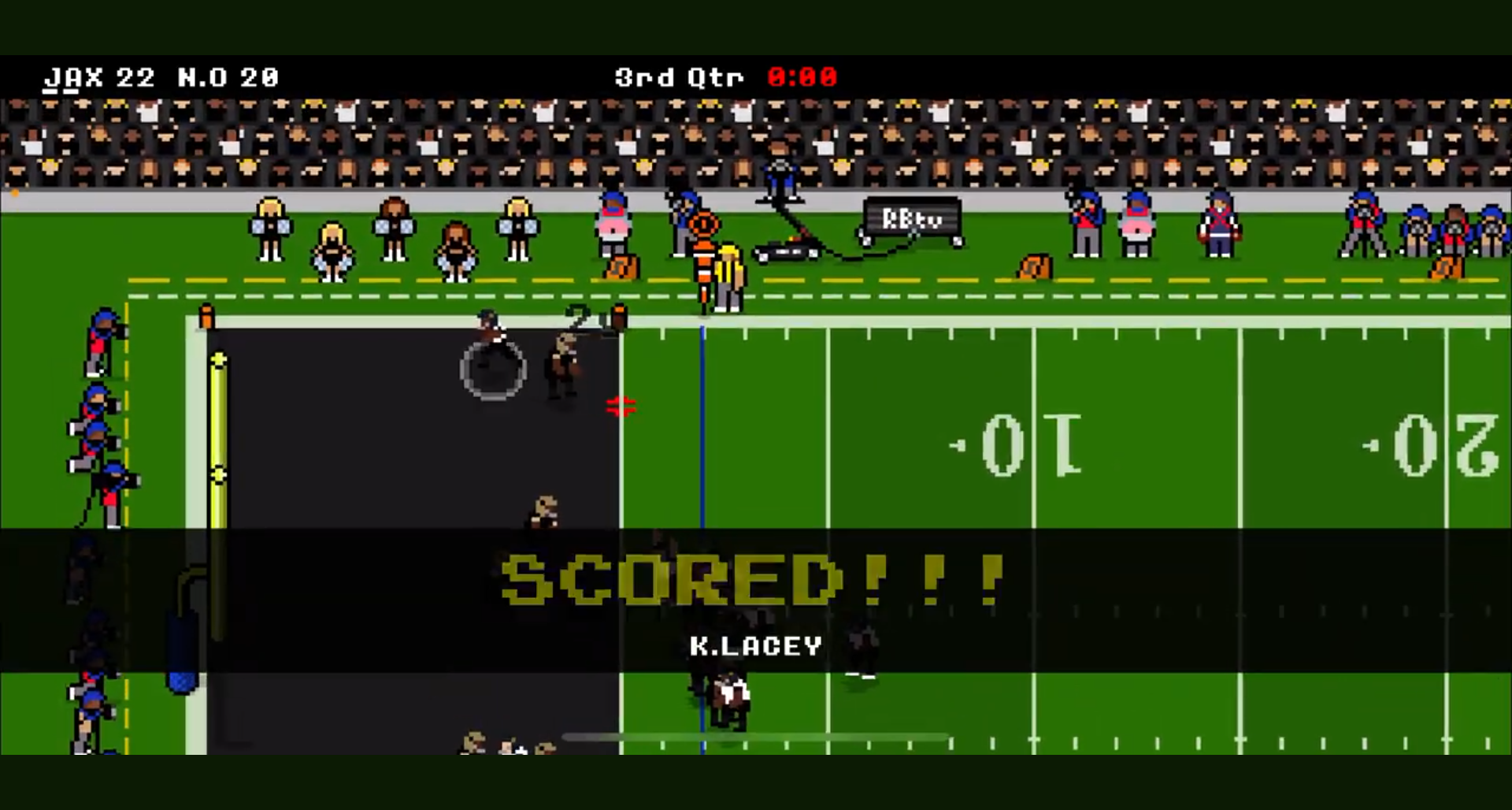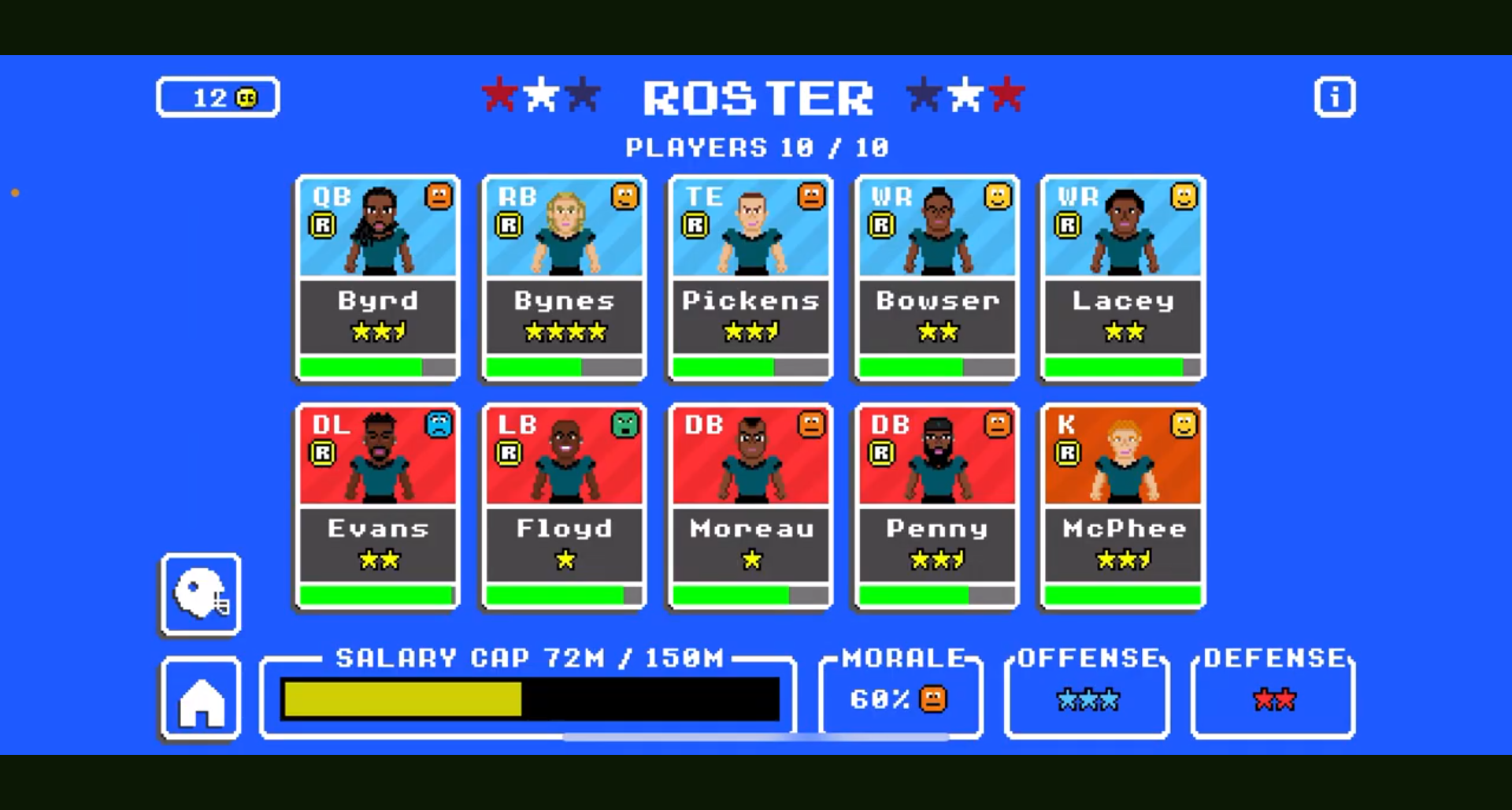In the world of video gaming, few titles have garnered the enthusiasm and strategic depth that Retro Bowl offers. This football simulation game engages players in a thrilling experience, blending traditional football mechanics with modern gaming strategies. At the heart of this simulation lies the essential aspect of team management, which directly impacts your success on the field. Understanding the role of the team editor becomes crucial for players aiming to conquer the game.
Understanding Retro Bowl
Overview of Gameplay Mechanics
Retro Bowl immerses players in a vibrant football universe where you can manage your team through various mechanics. Central to the gameplay is the simulation of an entire season, highlighting matches and strategic decisions that dictate the trajectory of your team. Each game presents a unique challenge, combining skillful play calling, precise over-the-field actions, and smart management strategies. Success hinges on effective team management, encompassing everything from player selection to strategic game plans.
The Role of Decision-Making
As players maneuver through the season, the significance of decision-making becomes evident. Each choice made—from trades, player acquisitions, to game strategies—alters the team’s performance. Understanding how these decisions impact overall success is key. Whether it’s evaluating player potential for trades or deciding to start a rookie quarterback over an established star, the outcomes are directly correlated with player choices.
The Team Editor in Retro Bowl
Definition of a Team Editor
So, what does a team editor do in Retro Bowl? This role encompasses extensive responsibilities that shape the team’s future. The team editor is central to managing all facets of the roster, player development, and strategic planning, ensuring the team evolves in response to both short-term and long-term goals.
Key Responsibilities of a Team Editor
Roster Management
The team editor starts by managing the roster, selecting and adding players who fit the team’s needs. This includes:
– **Selecting Players**: Choosing the right players based on stats and team dynamics.
– **Managing Statistics**: Keeping track of player performance metrics to make informed decisions.
Player Development
Beyond roster management, the editor focuses on player development by:
– **Training**: Implementing training regimens that enhance player skills.
– **Understanding Progression Systems**: Navigating the intricacies of how players advance through experience and skill upgrades.
Strategy Formulation
Drafting game plans is another critical responsibility. An effective team editor must:
– **Analyze Strengths and Weaknesses**: Create strategies that optimize team capabilities while addressing weaknesses.
– **Adjust Based on Opponents**: Study opponents’ play styles to modify game plans accordingly.
Trade and Free Agency Decisions
An editor also plays a crucial role in team composition during off-seasons:
– **Evaluating Trade Value**: Assessing player value to facilitate beneficial trades.
– **Navigating the Drafting Process**: Making sound decisions during drafts that bolster the team’s competitiveness.
Tools and Features Available to the Team Editor
User Interface Overview
Navigating the user interface is vital for effective team editing. The management screens offer a clear layout, allowing you to:
– View team stats and player performance metrics.
– Access roster updates and game performance summaries.
In-game Tools
Trade System Functionality
The trade system offers powerful features for team editors to:
– **Propose Trades**: Suggest player exchanges that could strengthen your team.
– **Negotiate**: Use your negotiation skills to secure advantageous trades.

Scouting and Player Analysis
Understanding player abilities through scouting reports is crucial. Assessing past performances and potential helps shape informed decisions about which players to acquire or develop further.
Tips and Strategies for Effective Team Editing

Building a Balanced Team
Creating a well-rounded team is fundamental in Retro Bowl:
– **Diversifying Skill Sets**: Ensure your team has players who excel in different strengths (e.g., speed, strategy, blocking).
– **Complementary Players**: Select players that synergize well, enhancing overall team performance and cohesion.
Maximizing Player Potential
Optimal training is crucial for harnessing player abilities:
– **Effective Training Approaches**: Implement targeted training sessions focused on specific skill upgrades crucial for gameplay.
– **Recognizing Skills to Upgrade**: Identify and prioritize upgrades based on the players’ roles and team playstyle.
Adapting to In-game Challenges
Flexibility in strategy is vital for responding to fluctuating team performances:
– **Analyze Performance Trends**: Regularly assess performance stats to identify patterns that necessitate adjustments.
– **Game Mechanics Understanding**: Leverage game mechanics for a tactical edge over opponents.
Common Challenges for Team Editors
Roster Overhaul
Sometimes team editors face the daunting task of transforming the roster:
– **Balanced Changes**: Assess whether immediate needs outweigh long-term strategies to ensure consistent team development.
– **Set Realistic Goals**: Understand the process of rebuilding the roster without compromising current performance.
Managing Player Morale
The dynamics of team morale play a significant role in performance:
– **Team Dynamics**: Recognizing how the interplay between players affects overall morale.
– **Motivation and Engagement Strategies**: Implement tactics to keep players engaged and motivated, fostering a positive atmosphere.
Conclusion
The role of a team editor is indispensable within Retro Bowl. By effectively managing players, formulating strategic plans, and adapting to challenges, editors enhance not only their chances of success but also enrich the overall gaming experience. It is vital for players to dive deep into the nuances of team editing to unlock the full potential of this engaging football simulation.
FAQs
What skills are essential for a successful team editor in Retro Bowl?
Having a strategic mindset, strong analytical skills, and player assessment capabilities is vital for success as a team editor.
How can team editors effectively respond to fluctuating player performances?
Regularly monitor player stats and analyze trends to adapt training and strategies accordingly.
Are there any recommended resources for improving team editing skills?
Online forums and communities, like those found on platforms such as Reddit, provide valuable insights and strategies from experienced players.
How important is scouting when managing a team?
Scouting is crucial for identifying players that fit your system and recognizing talent that may be undervalued.

What is the best strategy for trades?
Prioritize evaluating player value objectively and be prepared to negotiate for favorable outcomes.
How can I keep my players engaged and motivated?
Regularly communicate with your players about their roles and provide opportunities for growth and skill enhancement.
Key Strategies for Team Editors
| Strategy | Description |
|---|---|
| Roster Management | Effective selection and assessment of player performances. |
| Player Development | Training regimens to enhance individual skills. |
| Strategic Planning | Formulating game plays based on team analysis. |
| Trade Evaluations | Assessing player value for trades and signings. |